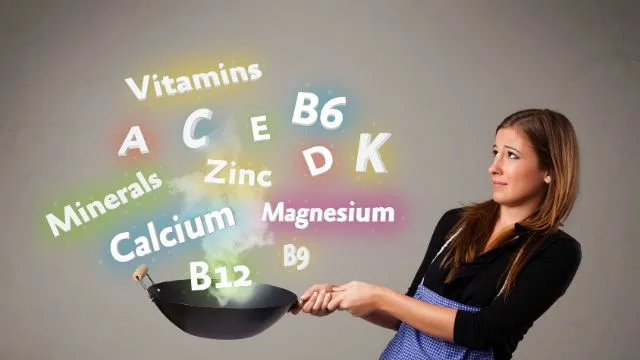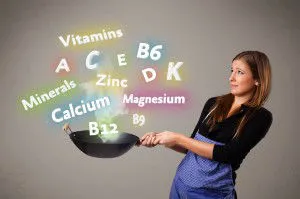
- Share on Facebook108
- Share on Pinterest
- Share on Twitter
The body is an intricate and delicate network of systems, which requires a balance of nutrients to keep it going. We all know that we need to eat to live – however, many of us do not know the details about what each type of nutrient does.
Without the following four categories of nutrients, we could not live. Here is a bit about what they do, and the healthiest sources from which to obtain them.
Protein
Proteins are, to put it briefly, the “building blocks” of cells, enzymes, antibodies, hormones and even DNA. They are also instrumental in cell repair, and provide the body with energy. A complete protein contains nine essential amino acids, which must be derived from food.
The most well-known sources of protein are meats and dairy products. However, if you eat meat and dairy, always go for organic, grass-fed versions, as conventionally raised animals are often fed GMO feed, kept in abhorrent conditions, and given antibiotics and growth hormones.
There are plenty of great sources of protein in the plant kingdom, as well. Check out our guide to complete vegan protein sources.
Fat
Probably the most well-known benefit of fat is insulation; it helps to keep our core body temperature from plummeting. Fats also work to absorb certain nutrients and hormones, and provide an energy source when carbohydrates are used up by the body. Additionally, the cholesterol found in saturated fats composes cell membranes.
Contrary to what you may have heard, a growing body of research has found that saturated fats, when they come from healthy sources, do not elevate heart disease risk. These fats are actually integral to the proper functioning of all of the body’s cells, support immune health and promote healthy skin. They may even help to lower heart disease risk.
While organic, grass-fed meat and dairy are good sources of healthy saturated fats, one of the best sources under the sun is organic, extra virgin coconut oil.
Monounsaturated fats, such as organic olive oil, are also heart-healthy options. However, steer clear of trans fats, as well as polyunsaturated, processed vegetable oils.
Carbohydrates
Carbohydrates are stored as fuel and utilized for energy by the body. The body’s cells require carbohydrates in order to run properly. Carbs are also in some cases converted into protein. The two main categories of carbohydrates are complex and simple. Simple carbohydrates are often referred to as sugars.
The healthiest sources of carbohydrates are vegetables, fruits, beans and lentils. Some gluten-free grains can also be beneficial sources – but be careful not to go overboard, especially if you are trying to lose weight. When a large quantity of foods dense in carbohydrates are consumed, the excess carbs are stored in the liver, and can contribute to weight gain.
Avoiding processed, refined carbohydrates, as well as added sugars and products made from wheat is a wise choice when it comes to health.
Vitamins and Minerals
Both vitamins and minerals are crucial to the proper function of enzymes. Many vitamins function as antioxidants, helping to protect the body from oxidative stress damage, thereby reducing the risk of chronic disease. Minerals are important for the body’s manufacture of cofactors, which are required for enzyme activation, and are also integral to to many of the body’s systems, including the skeletal system.
The best source, hands down, for both vitamins and minerals is to eat a rainbow of fresh, organic fruits and vegetables. A variety is important, since some provide different vitamins and minerals, and in different amounts, than others.
For example, carrots and sweet potatoes are great sources of vitamin A, berries and citrus fruits provide a wealth of vitamin C, and dark green, leafy vegetables contain a variety of B-vitamins.
 As far as minerals, beans, peas and lentils provide a wide array. Green leafy vegetables are also high in mineral content, and mushrooms, asparagus and tomatoes are not to be missed for both their vitamin and mineral abundance.
As far as minerals, beans, peas and lentils provide a wide array. Green leafy vegetables are also high in mineral content, and mushrooms, asparagus and tomatoes are not to be missed for both their vitamin and mineral abundance.
Along with eating whole, nutritious foods which supply the above-listed nutrients, be sure to drink plenty of water – at least eight glasses per day – to transport all of these nutrients throughout your body, flush out waste and keep your body running as it should.
-The Alternative Daily
- Share on Facebook108
- Share on Pinterest
- Share on Twitter

